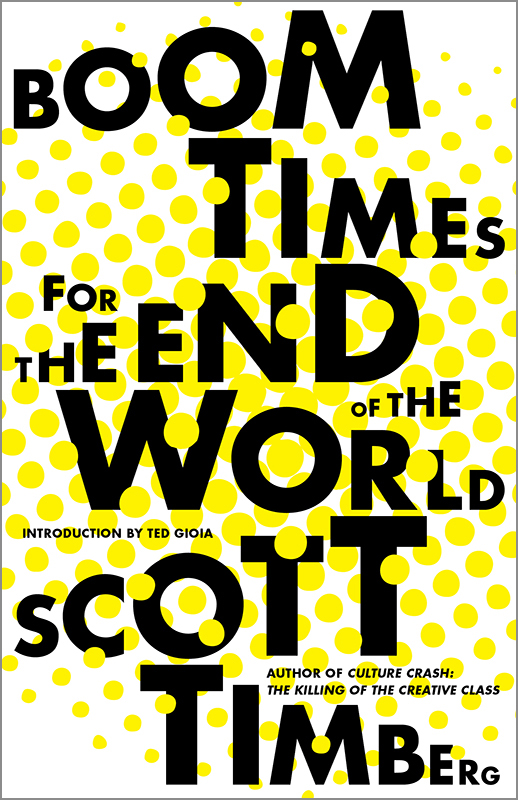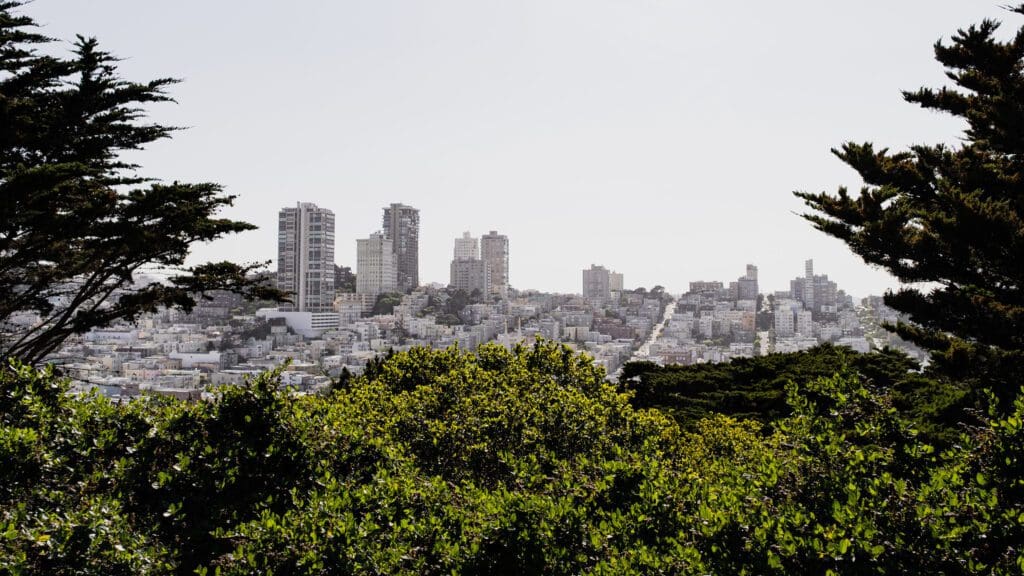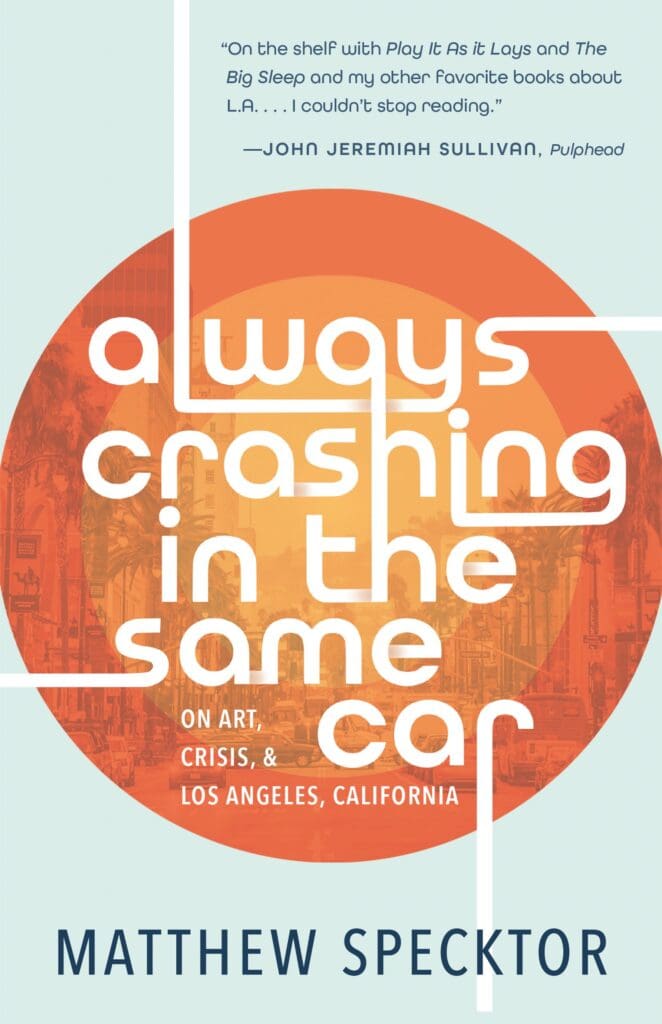When I moved to California last year, water was far from my mind. Naturally, upon my arrival I was shocked by the severity of the drought, the messy status of water rights, and the endless bickering over an element that I considered a common occurrence, as well as a natural right. For Californians, however, these environmental threats are nothing new. Beyond the political scope, environmental issues, at their core, reveal the moral grappling of humankind, and yet a surprisingly few number of authors take on the subject.
In light of the current drought, John van der Zee’s “Grassfire,” which appeared thirty years ago in the first issue of ZYZZYVA, remains morally pertinent. The story, detailing a man’s struggle to put out a small wildfire, illuminates the essential crux of California’s environmental issues, which, thirty years later, are just as controversial. A wildfire presents a moral dilemma; though, with its rapid and unpredictable expansion, it ultimately contradicts the old adage that what is one person’s problem is not another’s. “Grassland” begins with gallantry before crumbling again into conflict.
Van der Zee’s prose is evocative and succinct. The wildfire is just as animated as the characters, animal-like, morphing into the irrepressible fears of our protagonist, inserting itself into the politically divided landscape. And though fire poses the greatest immediate peril in this story, the threat of drought looms ominously at its side. The descriptions of the burnt landscape and dry faucets, when read today, resemble the unheeded forewarnings of a prophet. — Sarah Cooolidge
[…]
Continue Reading



